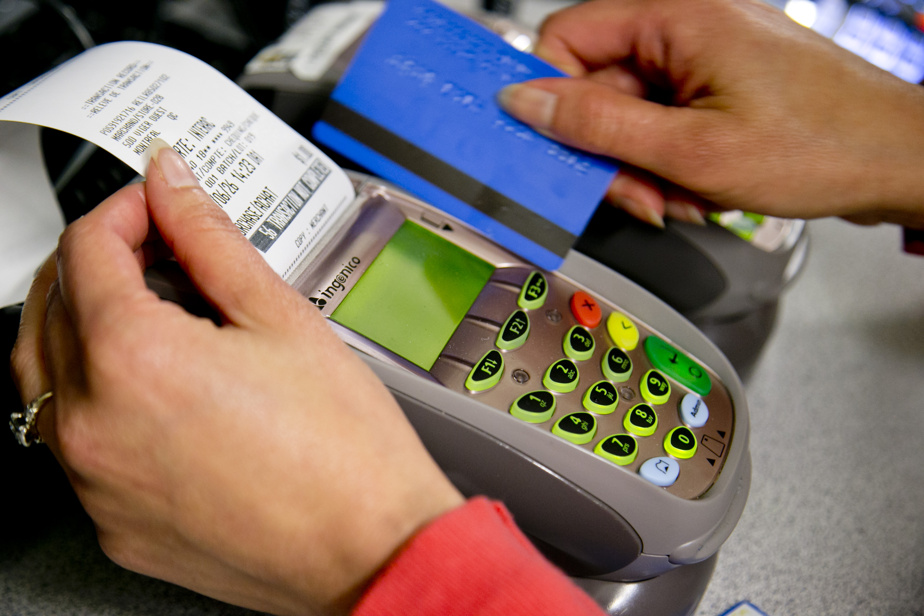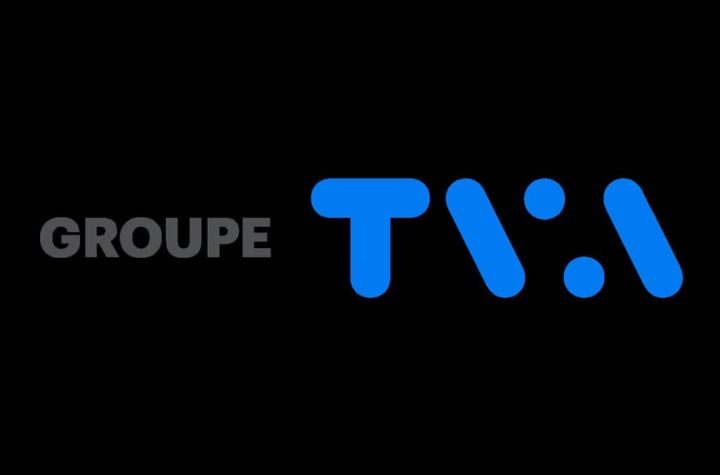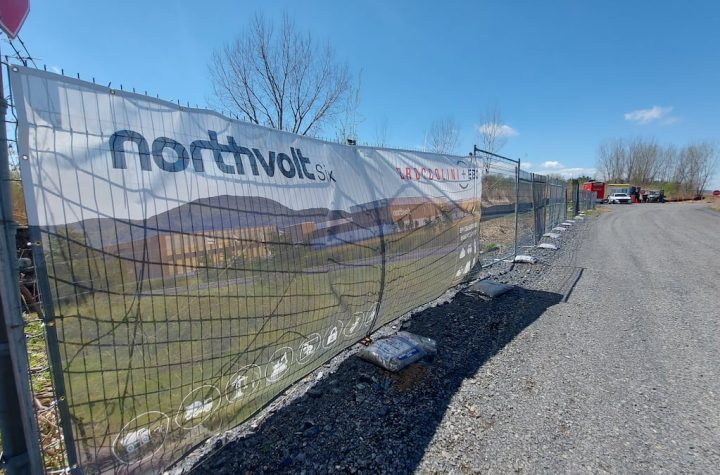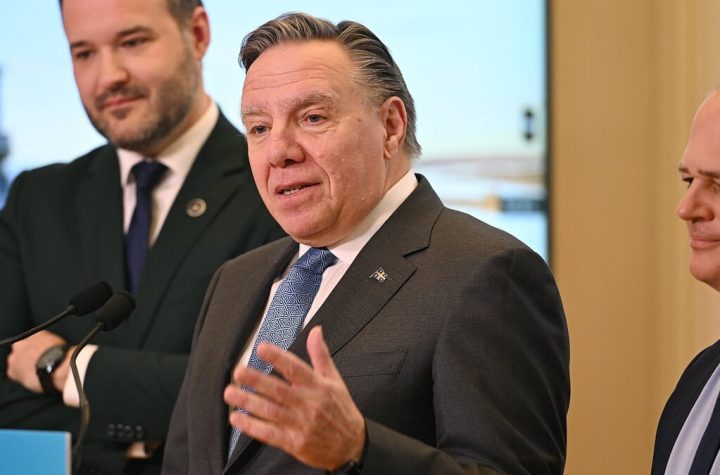
Posted yesterday at 8:00 am
The dataset shows that personal financial situation is deteriorating
First of all, don’t wear rose-colored glasses: “Canadians’ financial comfort and health have never been worse since the index began,” announced consulting firm BDO, which released its fifth affordability index on Thursday. This is the second year the situation has been dire: last year, we measured the impact of the pandemic, explained Ronald Gagnon, a licensed bankruptcy trustee at BDO Montreal. This time, it’s inflation that demoralizes Canadians and leaves no one behind.
Savings are therefore harder to come by, and for the country as a whole, 42% of those surveyed said their debt had “become crushing,” almost double the levels seen in 2021.
In Quebec, almost three-quarters (74%) of participants agreed that inflation has worsened their personal finances.
Quebecers have better resistance to this inflationary scenario than other Canadians, as increases in certain expenses such as groceries, transportation and rent reduce their savings capacity more than in other parts of the country. In the Atlantic provinces, nine out of ten indicate that these current costs are a major barrier to saving.
“The cost of basic necessities is low in Quebec,” explains Ronald Gagnon, explaining the gap. The grocery basket has grown, yes, but it’s less expensive in Quebec than in other parts of the country.
Cooking saves Quebecers!
The margin between Quebecers and the national average is widening at the supermarket: Yes, Quebecers are worried about being able to feed their families well because of skyrocketing food prices, but they are far less worried than residents of other provinces.
One in three Canadians (35%) say it is difficult to support themselves and their families now, compared to the Quebec average of 28%.
Why?
Economist and agronomist Pascal Theriault believes that our eating behavior is sometimes different from that of other Canadians.
Total household food spending in Canada is high at $10,311 per year. In Quebec, we’re at $9,847 (according to the latest data from Statistics Canada).
Pascal Theriault, economist and agronomist
Most descriptions come from food purchased at restaurants, for consumption on or off the premises. Rising restaurant prices will inevitably affect fewer Quebecers, who are less frequent, concluded Pascal Thériault, director of the management program and agribusiness technologies at McGill University.
Another interesting fact: if the proportion of food bought in restaurants is low, on average, in Quebec, we cook more. And who says cooking means better control, explains Professor Theriault.
Trustee Ronald Gagnon believes we should be flexible at the grocery store now. “Earlier, we were advised to make a list and stick to it. We wrote “halibut,” he said, “and we bought halibut.” Now, maybe it’s better to write “fish” and choose which one [à prix réduit]. »
Indeed, cooking or not, saving opportunity is under pressure in Quebec as in the country as a whole. The rise in prices of essential products is straining the budget.
However, the idea of saving is not dead, and those who succeed in doing so or plan to do so have three main goals: creating an emergency fund, saving for retirement, and saving for a special project.
Will property access become a mirage?
Already Statistics Canada informed us last week that the rate of homeownership is decreasing in the country, and especially in Quebec, this new financial accessibility index also highlights a phenomenon already widely documented: the dream of one day buying a property is no longer available. In many Quebecers, 73% of non-homeowners believe they are unlikely to own a home in the next three years. Almost one in two (46%) cannot put aside the down payment required to buy a property.
“The down payment was high,” recalls Ronald Gagnon, “because the properties were priced high. […] In the context of inflation, the dream of real estate is definitely less accessible. »
The data analyzed to create this index was collected online through a survey conducted by the Angus Reid Group of more than 2,000 Canadians.





